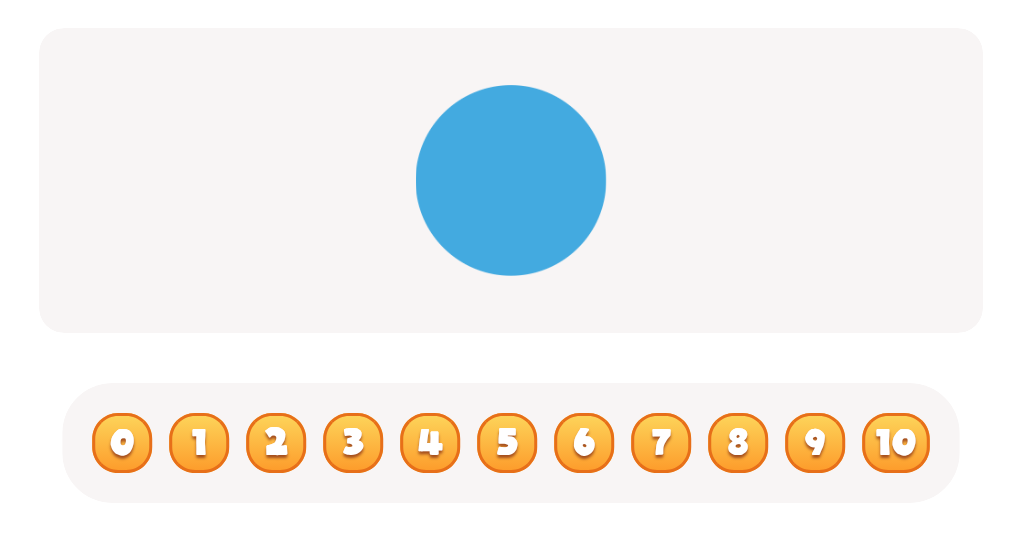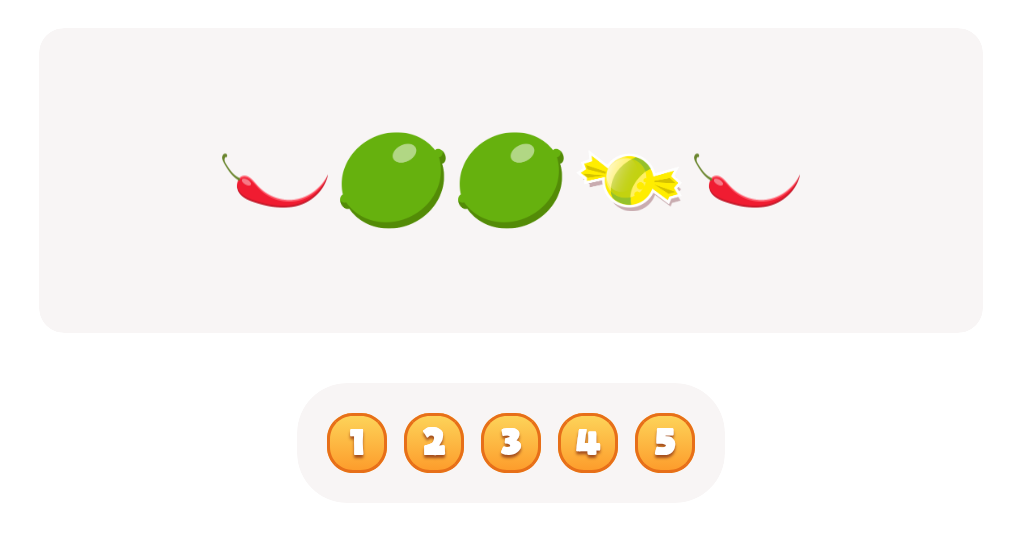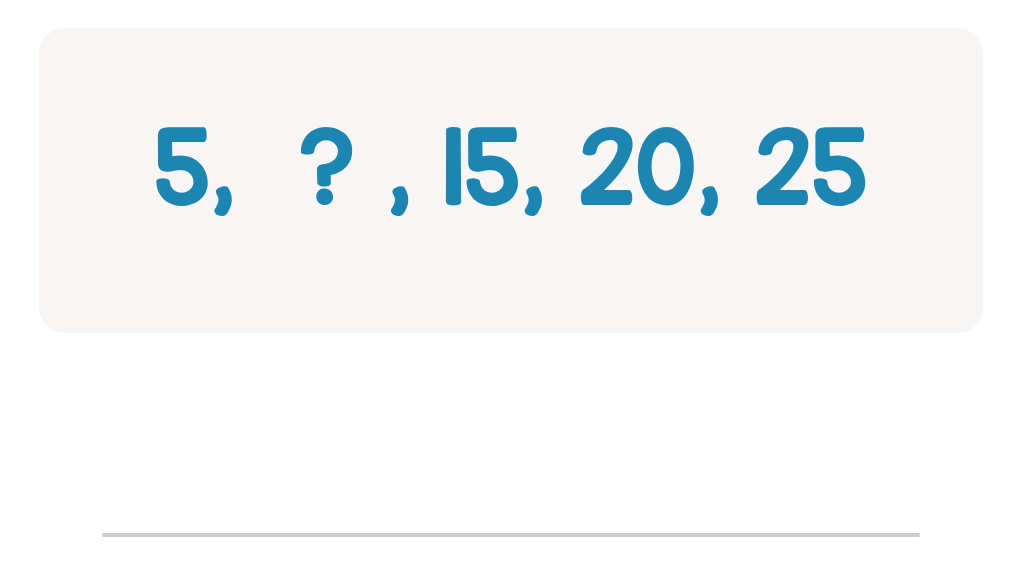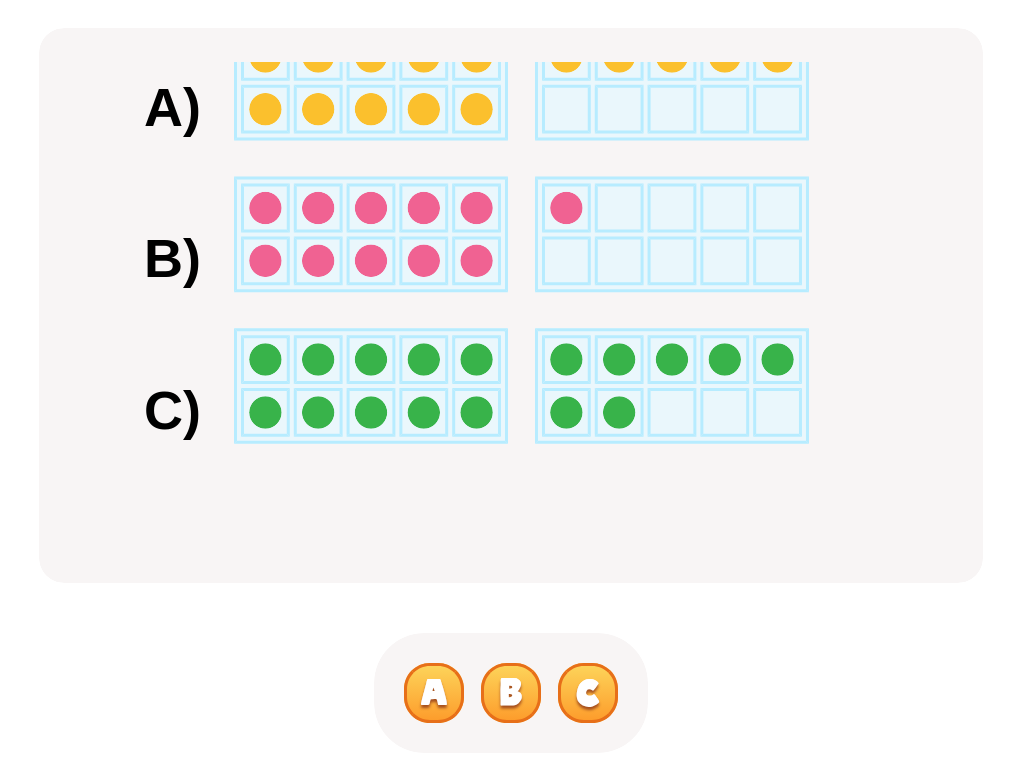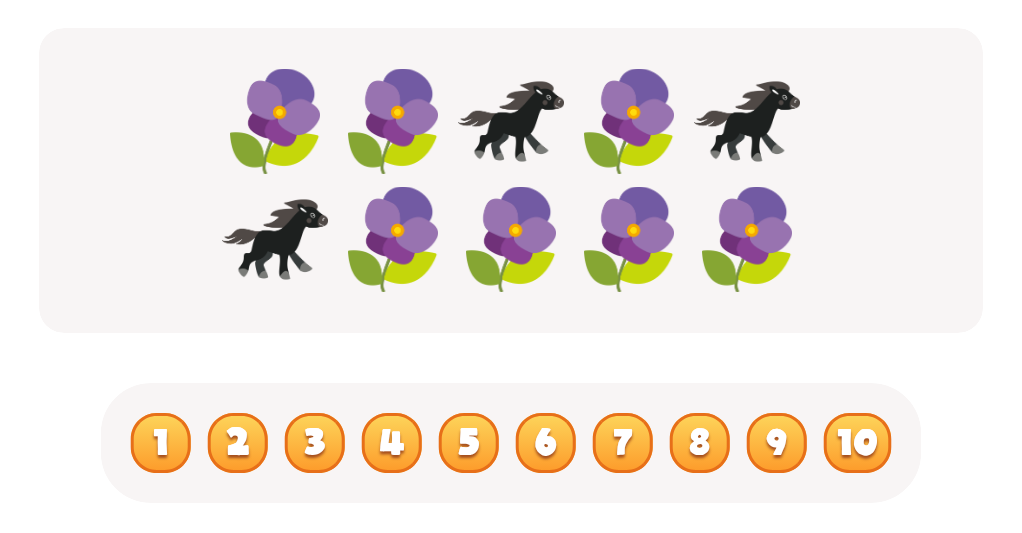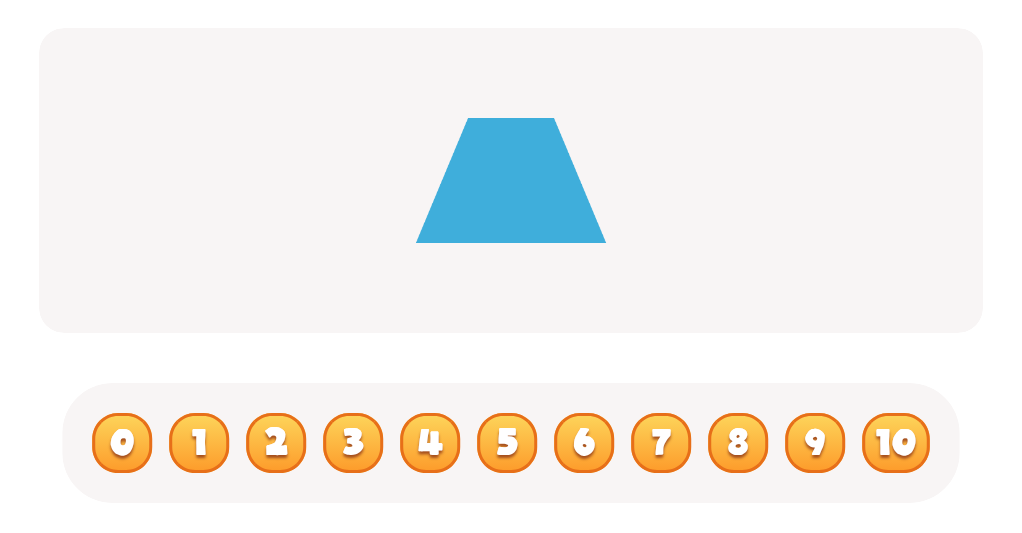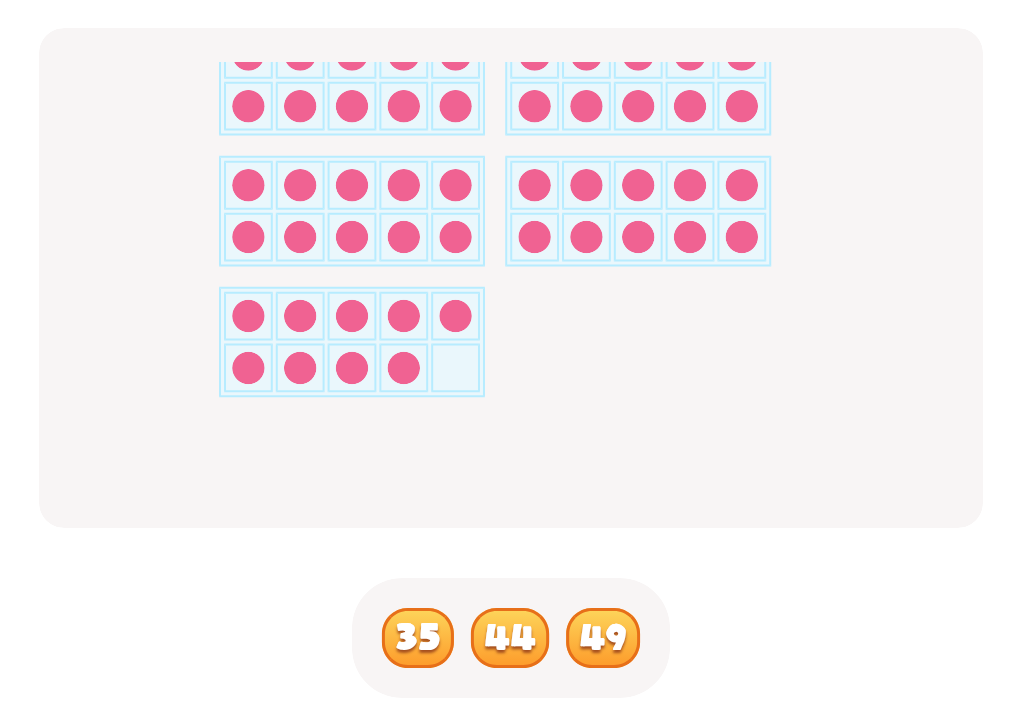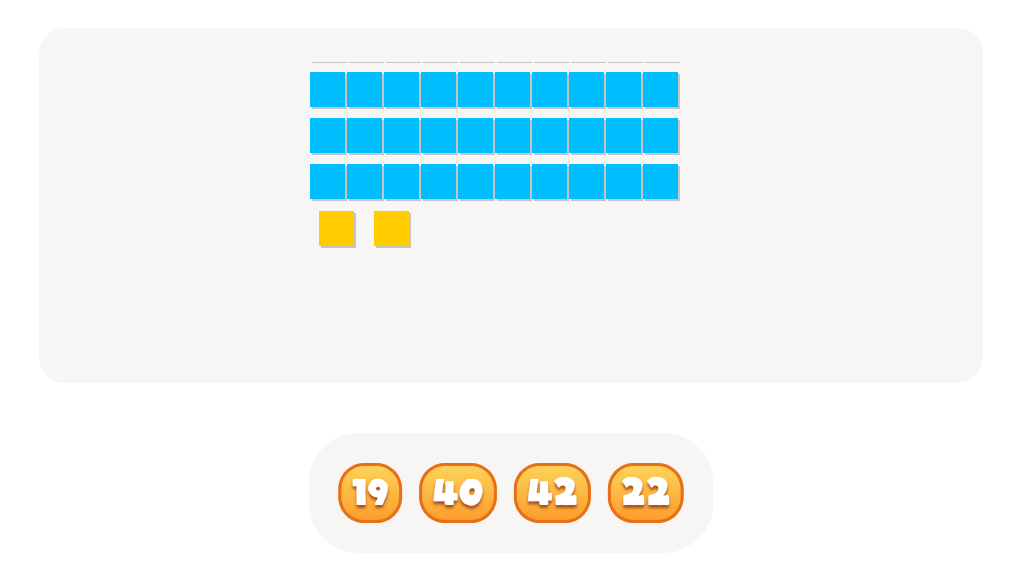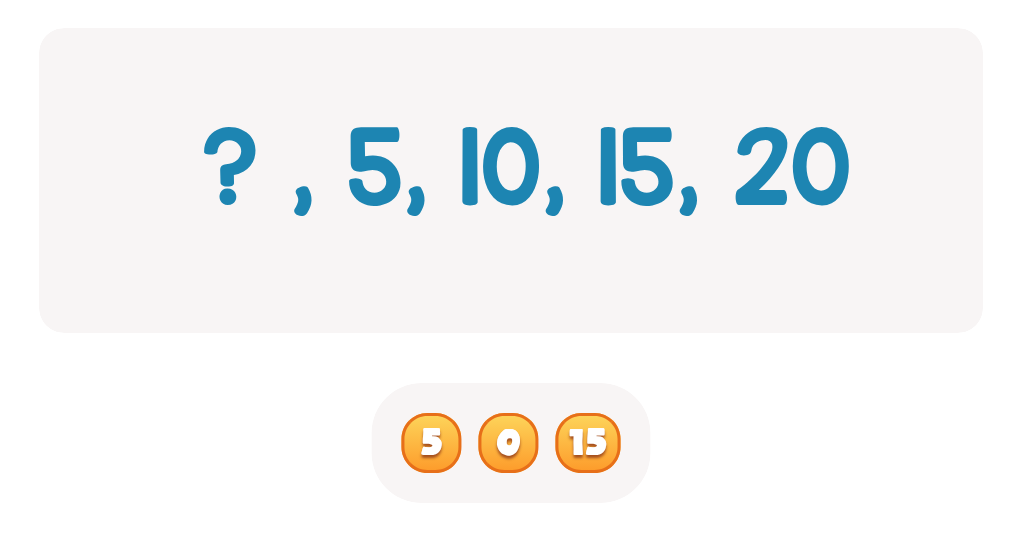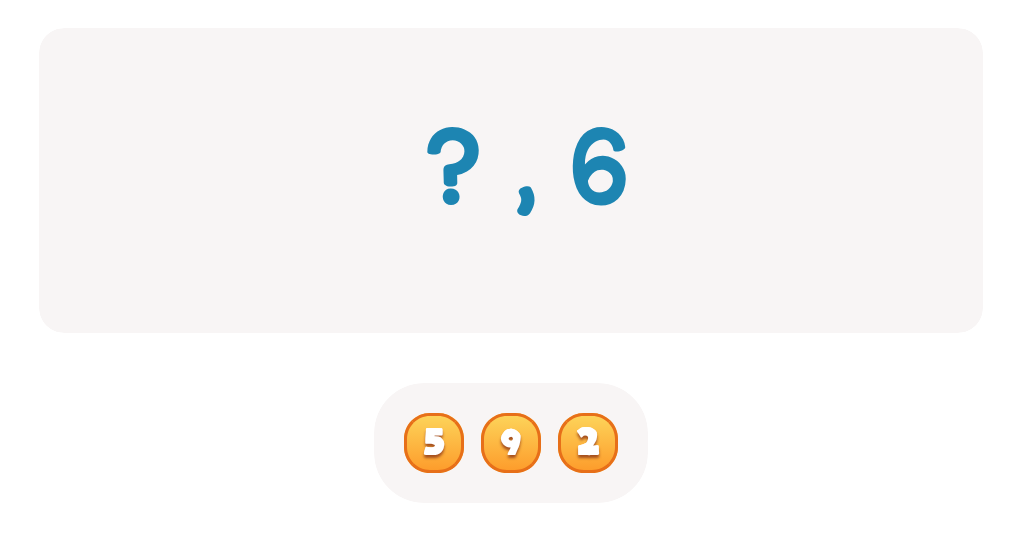Counting skills Normal Counting Worksheets for Ages 4-8
7 filtered results
-
From - To
Boost your child's math confidence with our Counting Skills Normal Counting Worksheets for Ages 4-8! These engaging, expertly-designed worksheets help kids master essential counting skills through fun, interactive exercises perfect for young learners. Each worksheet aims to strengthen basic math foundations, enhancing number recognition, sequencing, and one-to-one correspondence. Perfect for home or school use, this resource supports early math fluency, ensuring your child thrives in their mathematical journey. Foster a love for numbers and watch your little ones excel with our Counting Skills worksheets! Visit Kids Academy for this and more learning resources.
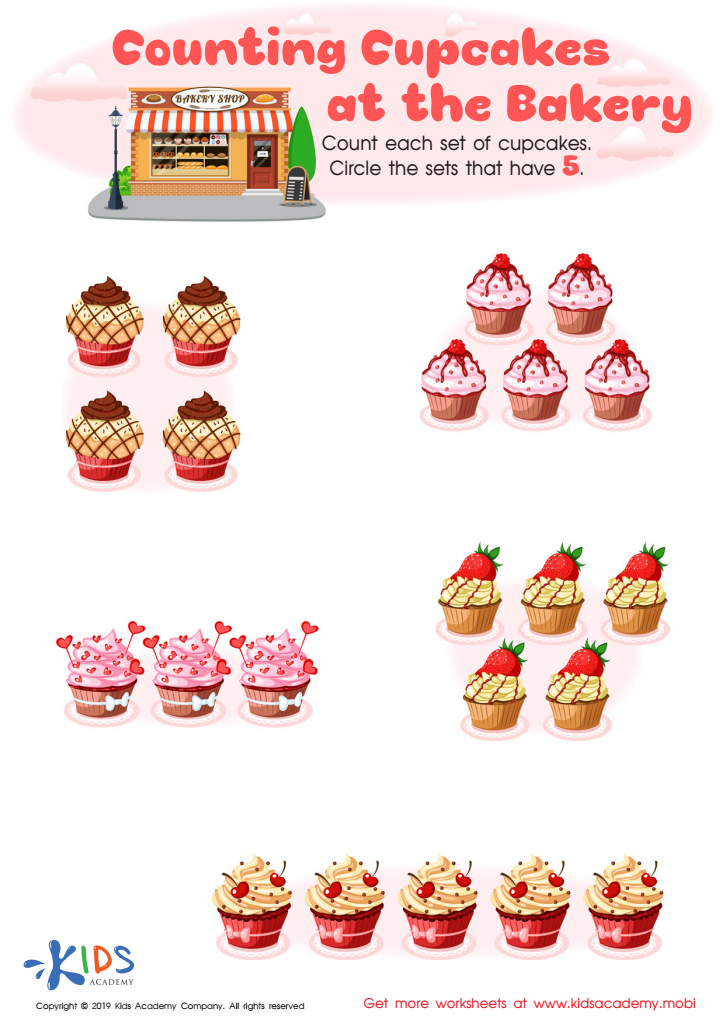

Counting Cupcakes Worksheet
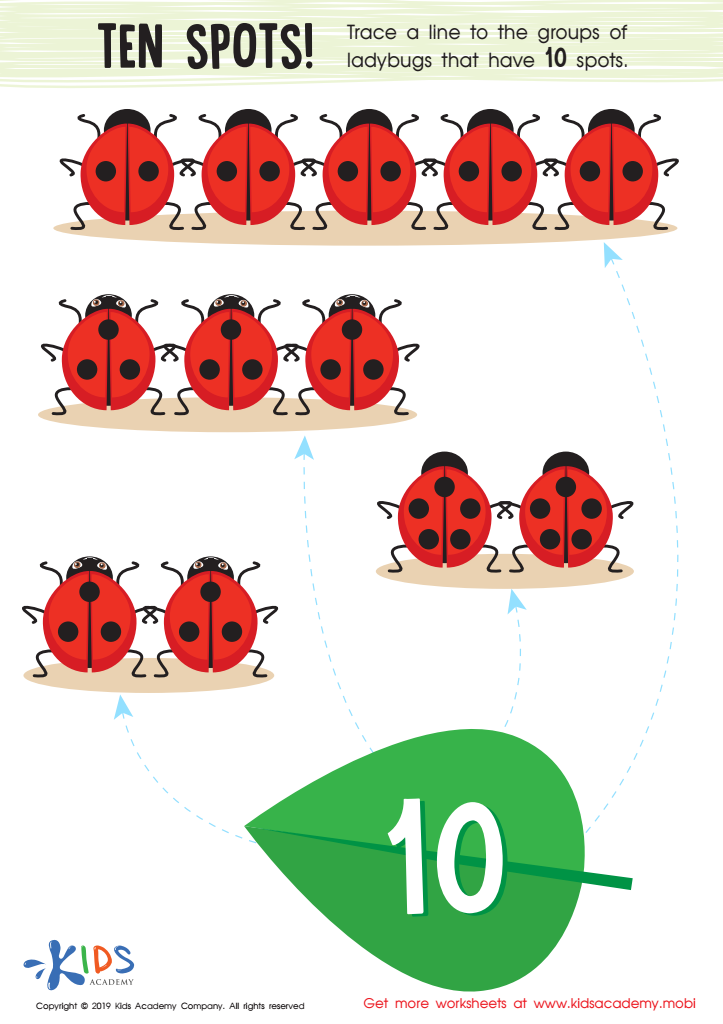

Ten Spots Worksheet
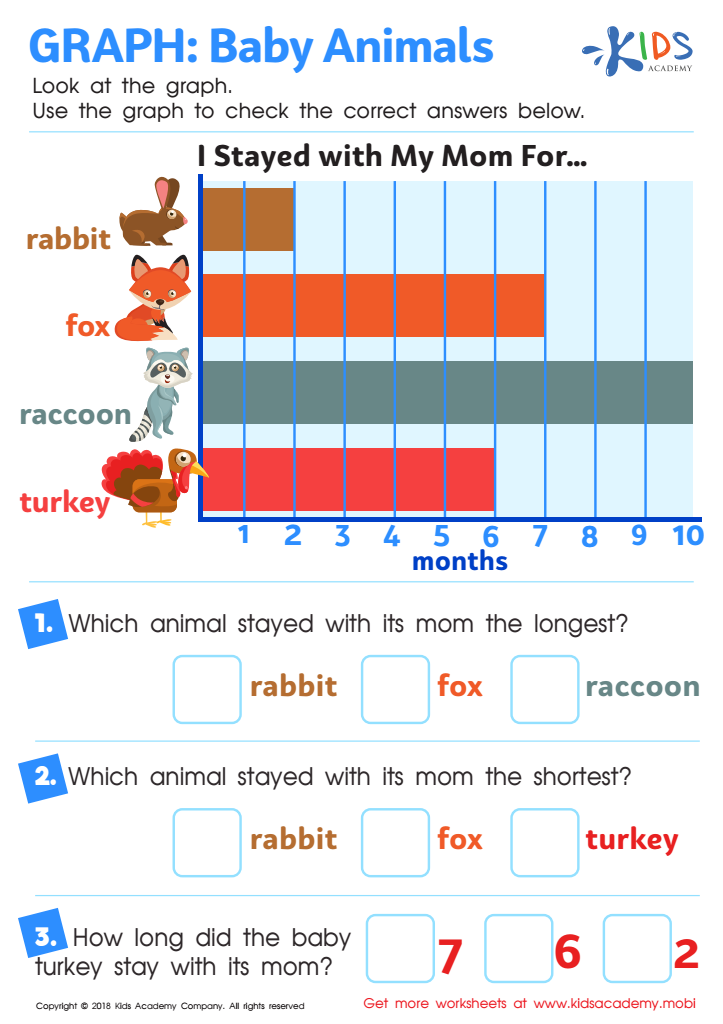

Graph: Baby Animals Worksheet
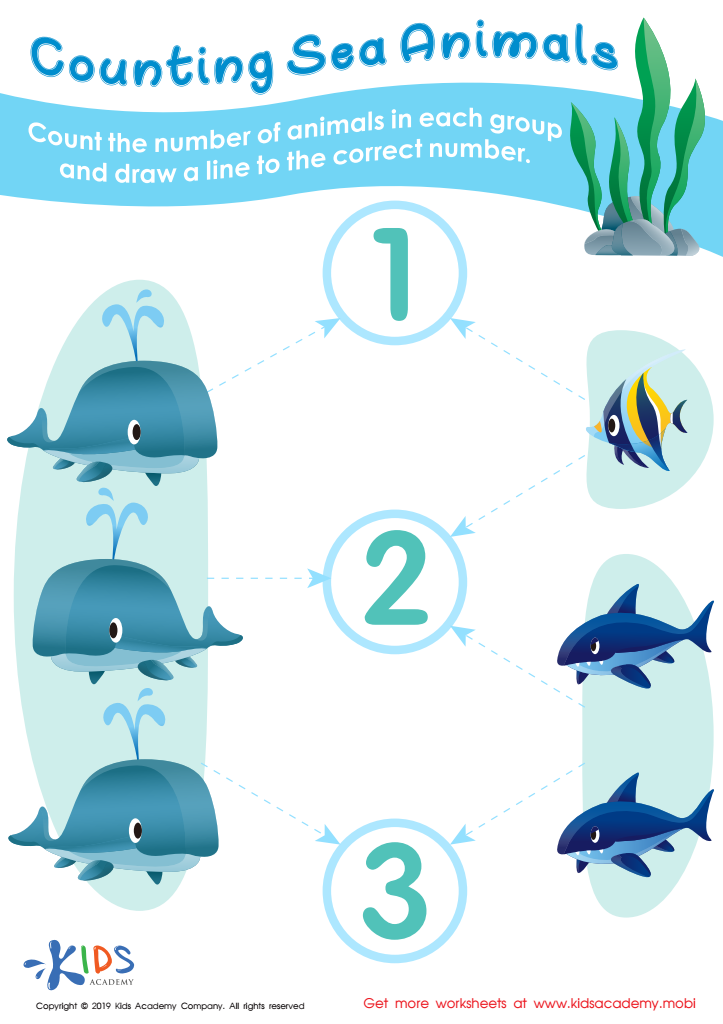

Counting Sea Animals Worksheet


Frog Countdown Worksheet
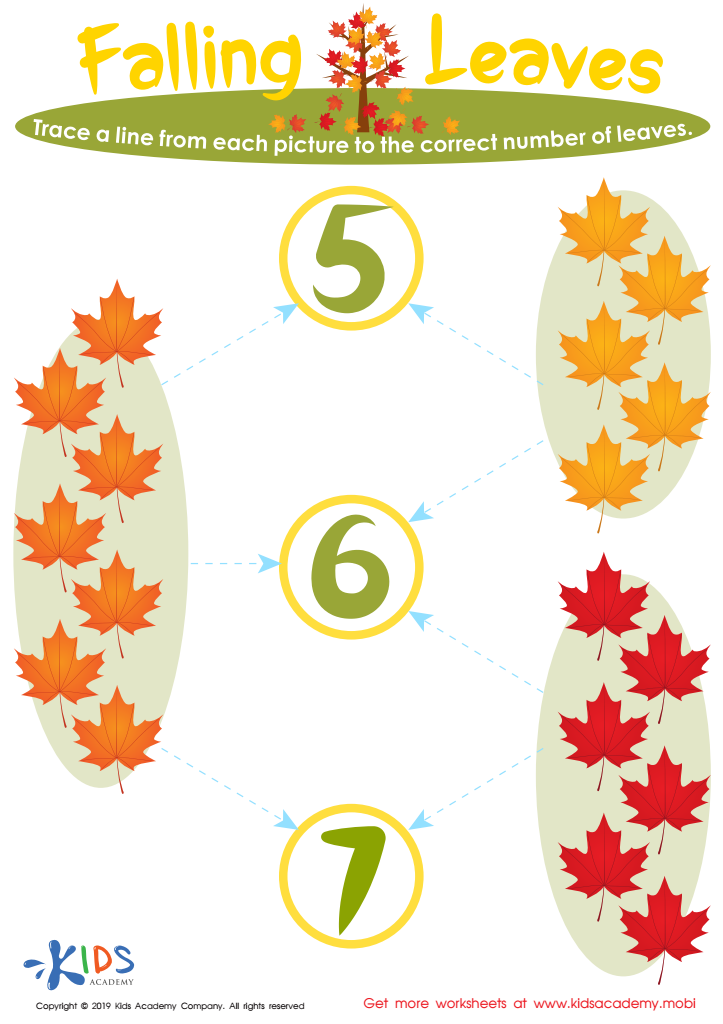

Falling Leaves Worksheet
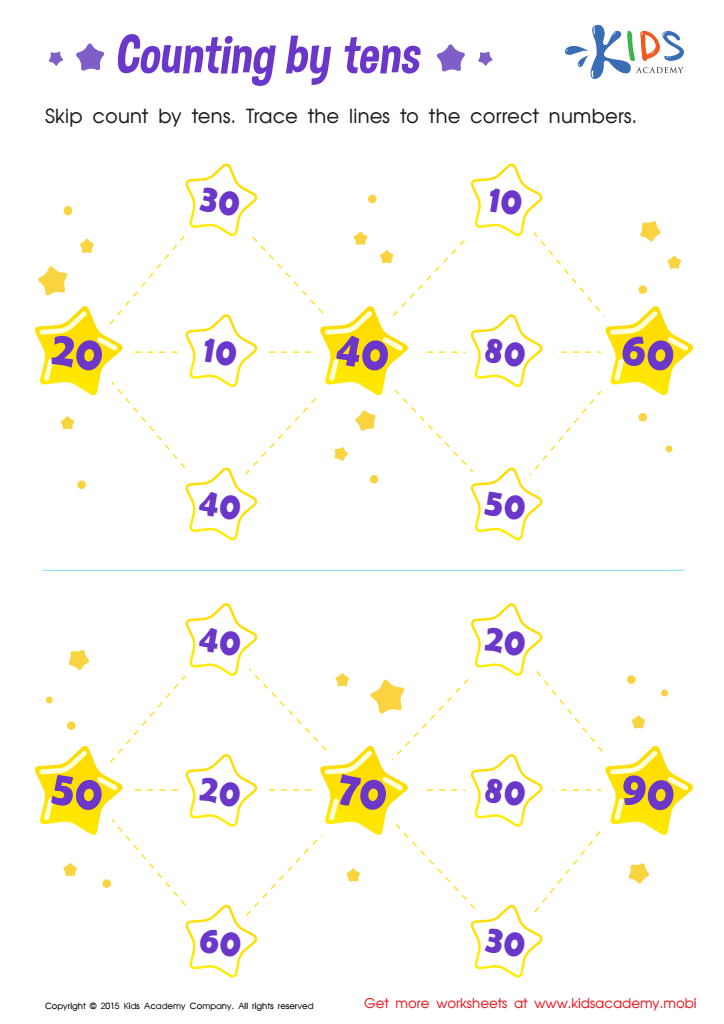

Learn Dozens: Counting by Tens Printable
Counting skills serve as a cornerstone in early childhood mathematical comprehension, which spans essential domains such as numeracy and problem-solving. For children aged 4-8, developing effective counting skills is pivotal in shaping their cognitive and academic growth.
Firstly, counting skills nurture critical foundational abilities. Learning to count fosters number recognition and an understanding of number sequences. These skills are vital for more complex mathematical concepts, such as addition, subtraction, and later, multiplication and division.
Secondly, counting aids logical thinking and pattern recognition. Engaging with numbers helps children identify patterns, a skill indispensable not just in mathematics but in everyday problem-solving scenarios.
Additionally, counting activities build memory and concentration. When children count objects, they practice attentive observation, reinforcing their ability to focus and retain information spanning diverse learning contexts.
Moreover, proficiency in counting bolsters a child’s confidence and instills a positive attitude toward learning mathematics. Encountering numbers across various settings, from classroom tasks to playground games, fosters practical applications, embedding a sustained interest in mathematics.
Lastly, counting also enhances fine motor skills and language development as children physically manipulate objects and verbalize numbers. Recognizing its multifaceted benefits, parents and teachers should prioritize nurturing counting skills, valuable pedagogic investments, and lifelong learning pathways.

 Assign to My Students
Assign to My Students
